Papua New Guinea’s environment minister imposed a moratorium on new voluntary carbon credit schemes, as it creates necessary regulatory frameworks and safeguards for these voluntary schemes. This comes after industry watchdog group Carbon Market Watch raised concerns about a 100-year carbon credit deal in the country’s Oro province.
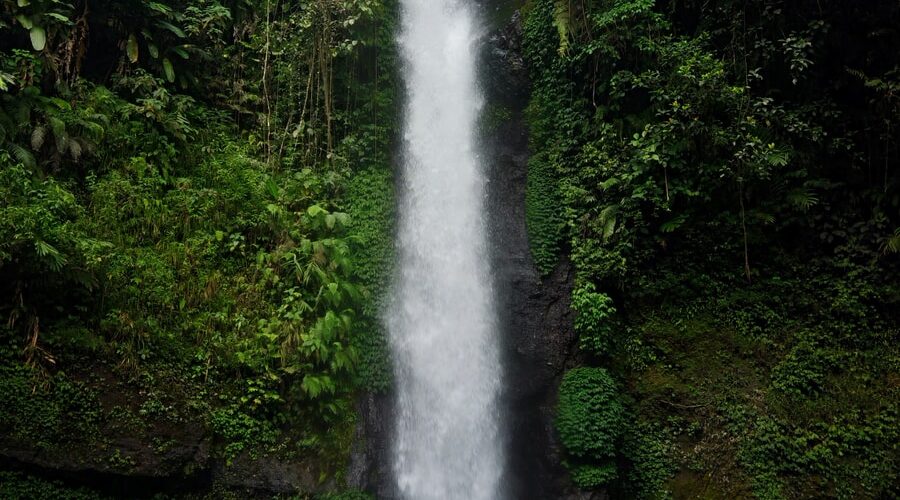
So what?
The government’s decision is an effort to stop the great harms present in a nascent market involving transactions between actors with significant power imbalances. Papua New Guinea contains some of the world’s largest tracts of rainforests. As the voluntary carbon market grows, there are concerns that middlemen actors – experts, consultants, or brokers – are approaching landowners, taking advantage of their unfamiliarity with carbon schemes, and selling these credits to corporate entities at a high profit, with little being passed on to landowners.
Risks of insufficient checks and balances and regulations in the carbon credit market has already become apparent in other parts of the world. PNG’s decisions signal a greater evaluation of capital flow and the acknowledgement of unequal power dynamics in the growing carbon credit market.

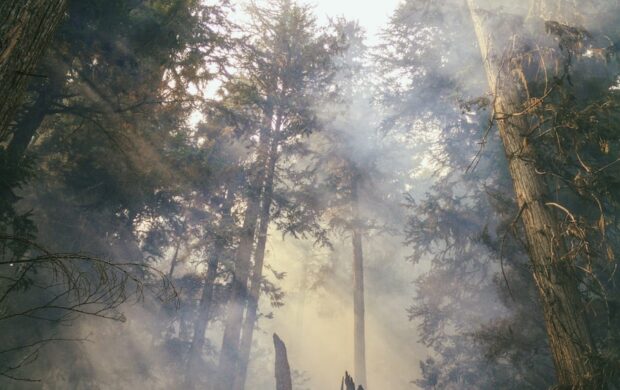
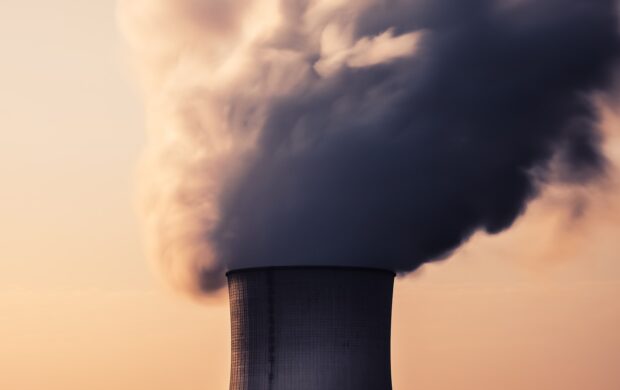
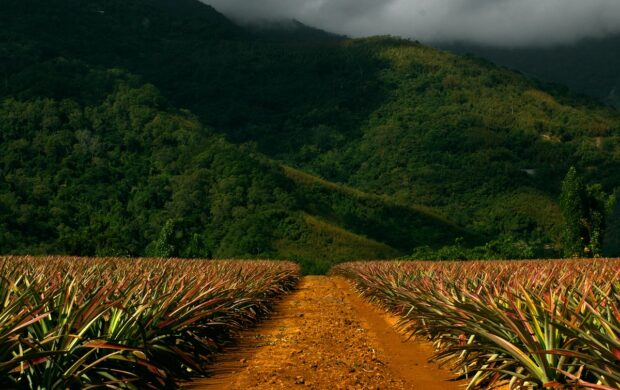
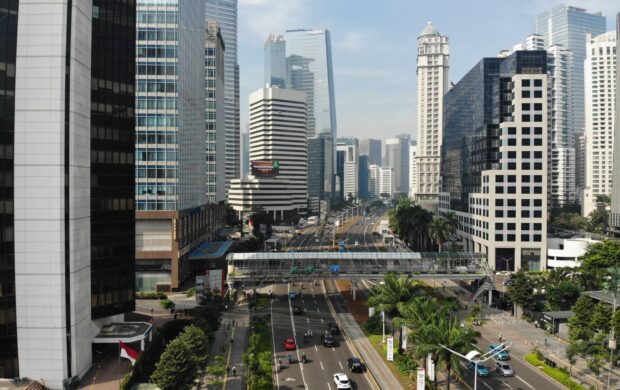






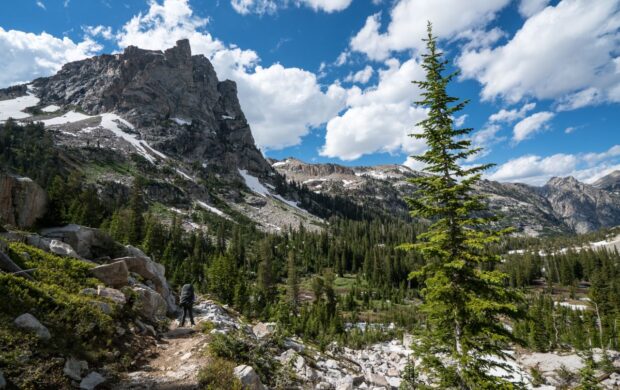

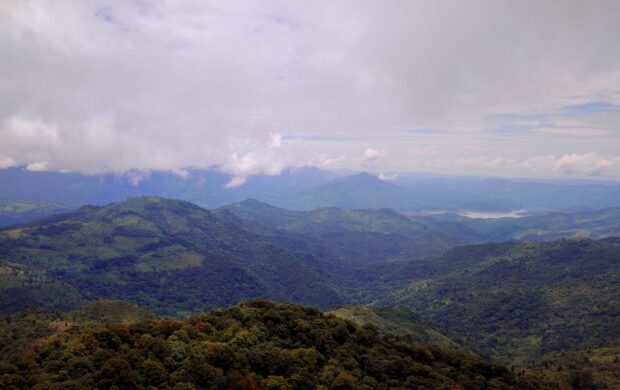
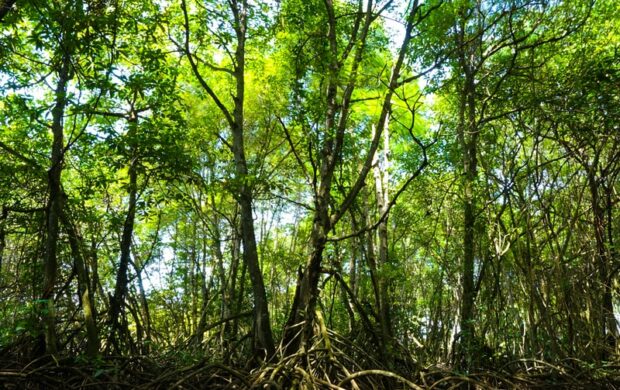
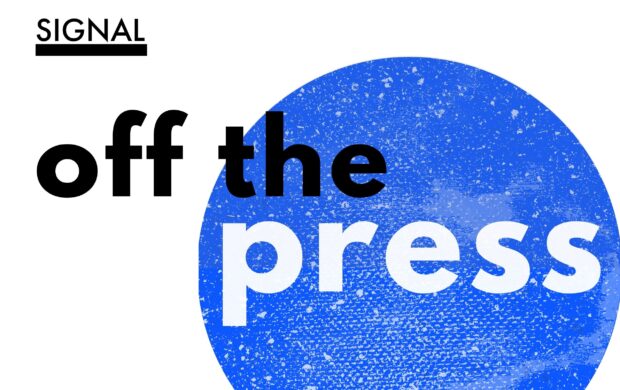
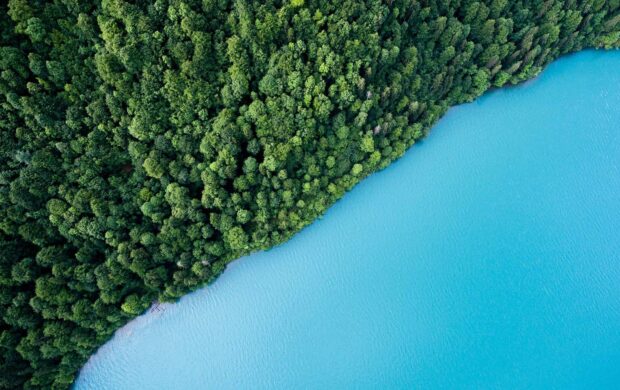


Join discussion